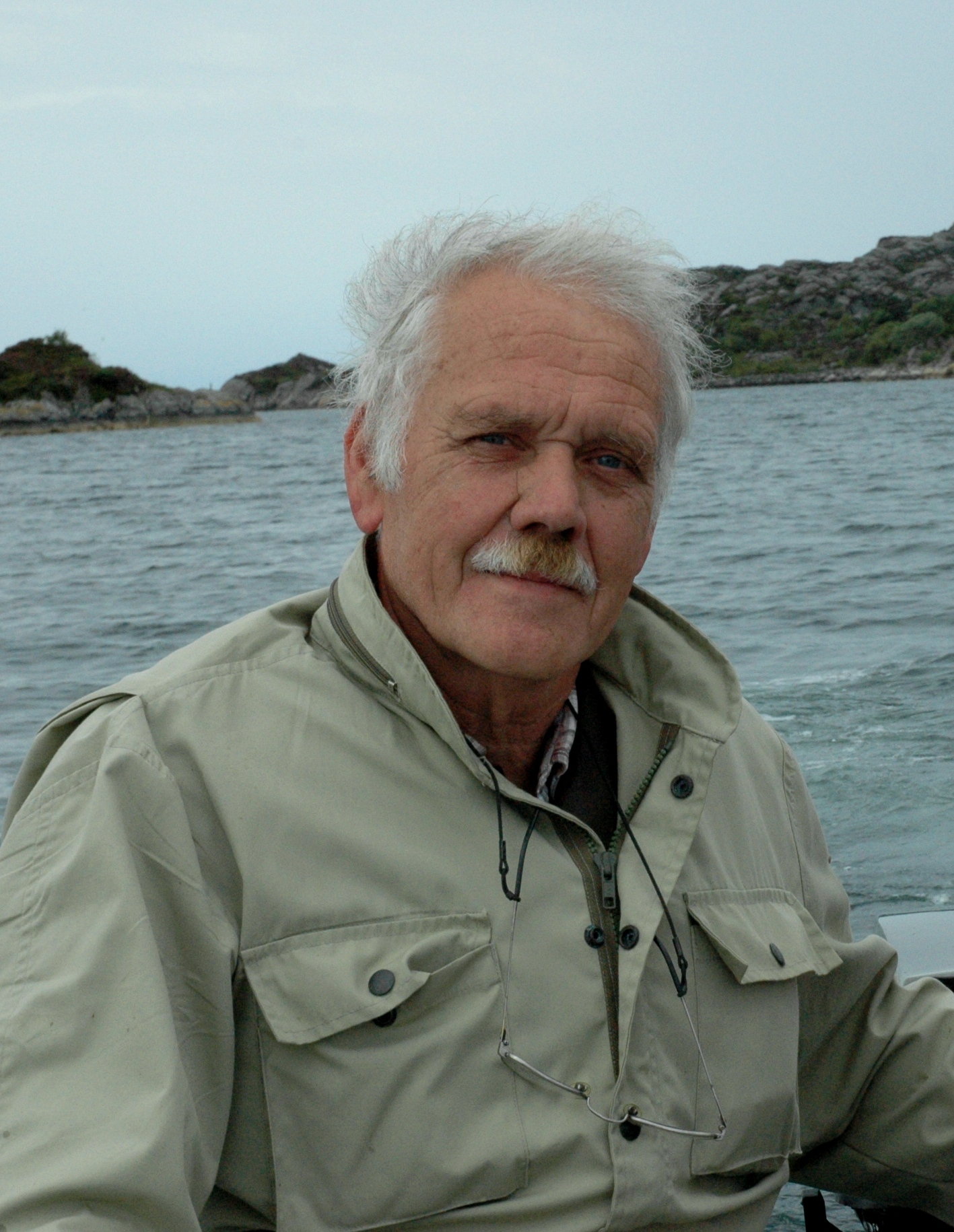Lars R. Haaheim (1945-2011)

Photograph courtesy of Hilde Haaheim (Lars’ daughter)
On Tuesday 28 June 2011, Lars Haaheim tragically died whilst on a fishing trip in a fjord near his summer home in Sveio, Norway. Lars was an internationally-renowned influenza scientist and a founder member of the International Society for Influenza and Other Respiratory Viruses (isirv).
From his formative academic years at the University of Bergen, Lars was an influenza enthusiast. He specialised in “host antigens in egg grown influenza virus” during his graduate degree in 1973 and his PhD project completed in 1981 involved a study of antigenic variation of influenza proteins. In the earlier stages of his career he was deeply involved and responsible for the production of influenza vaccines in Norway (Norwegian Institute of Public Health, Oslo) and then became Director of the WHO National influenza Centre in Oslo. Lars was a regular contributor to WHO influenza meetings and pioneered serum surveys of Norwegian populations to determine their immune status to new influenza strains. The map of Norway became very familiar to WHO folk when Lars presented his findings. In the 1970’s, Lars spent a year in the influenza laboratories of the National Institute for Biological Standards and Control, UK where he was very much involved with the development of laboratory methods for the study of influenza viruses and vaccines.
In 1980 Lars moved to the University of Bergen to become Head of the Immunochemistry Laboratory and more importantly to form the first Influenza Centre at the University. He was Director of the WHO National Influenza Centre for Western Norway in 1982-2001 and was actively involved in preparing the Norwegian Pandemic plan, as well as the first WHO Influenza Pandemic Preparedness Plan. Up to 1 September 2008 Lars was Professor and Head of the Influenza Centre, The Gade Institute, University of Bergen, Norway and as of 2010 he became a Professor Emeritus at the University of Bergen, teaching immunology.
Lars built and enhanced the international reputation of the Influenza Centre, which as of 2002 received annual financial support from the Norwegian Ministry of Health and Care Services. The Influenza Centre gained extensive experience from studies on the kinetics of the post-vaccination humoral and cellular immune response, as well as in mucosal immunity. This expertise made the Influenza Centre an attractive partner in EU Framework Programmes dealing with development of influenza vaccines. Lars patented a technology to detect secretion of antibody by human B lymphocytes and subsequently established a company “PlasmAcute AS” to explore its diagnostic potential. As a result of this earlier work, Lars’ group made ground breaking discoveries of the speed with which human B lymphocytes secrete antibody after influenza vaccination.
Early in Lars’ teaching career at the University of Bergen he realised that there was no satisfactory textbook on virology for the medical students. It exemplifies Lars attitude to life, that instead of moaning about the situation, he started doing something about it with the result that in 1989 he published with two other colleagues a very successful textbook “A Practical Approach to Clinical Virology”. This was revised in 2002 and it is a lasting legacy from Lars to medical students.
In 2002, Lars was a driving force and one of six enthusiastic founder members of isirv. From such small beginnings, the founding membership was expanded during 2003 when Lars helped to draft the guiding principles and mission statement of isirv. The inaugural meeting of isirv was held in September 2005. Lars was an important member of the isirv Board from the very beginning until his untimely death. Lars could be relied upon to come up with good ideas for the promotion of isirv and its activities. When isirv and Wiley-Blackwell created the isirv journal “Influenza and Other Respiratory Viruses” in January 2007, Lars became a key member of the Editorial Board and his expertise on editorial policy and on manuscript evaluation will be sorely missed.
On a personal level, we will miss Lars for his friendship, his positive approach to life, his excellent command of English which put many a native speaker to shame; his sharp wit and eloquence; his scientific integrity and innovative spirit; his courage to take on others when he saw an injustice; and lastly his free and independent spirit as exemplified by his one man stance against smoking reforms. Lars loved the outdoor life and it is fitting that he ended his days in his fishing boat in his beloved Norway. Lars is survived by his wife Vigdis, three children and five grandchildren.


